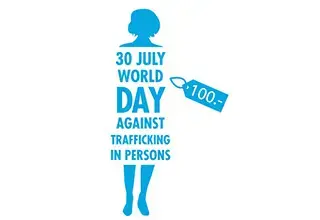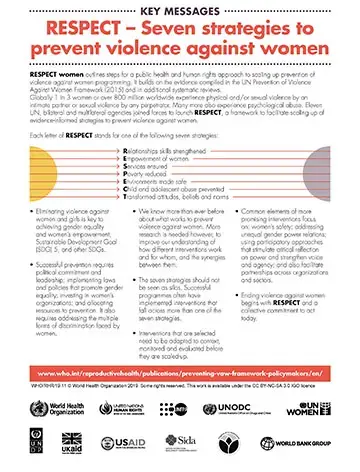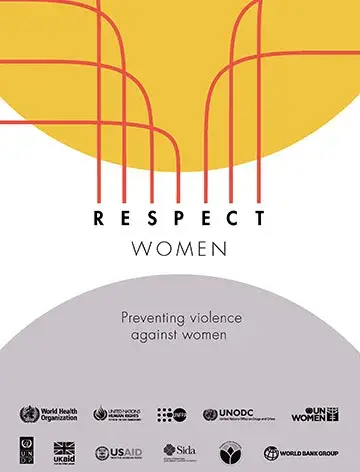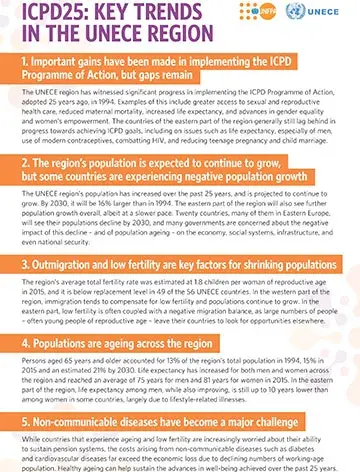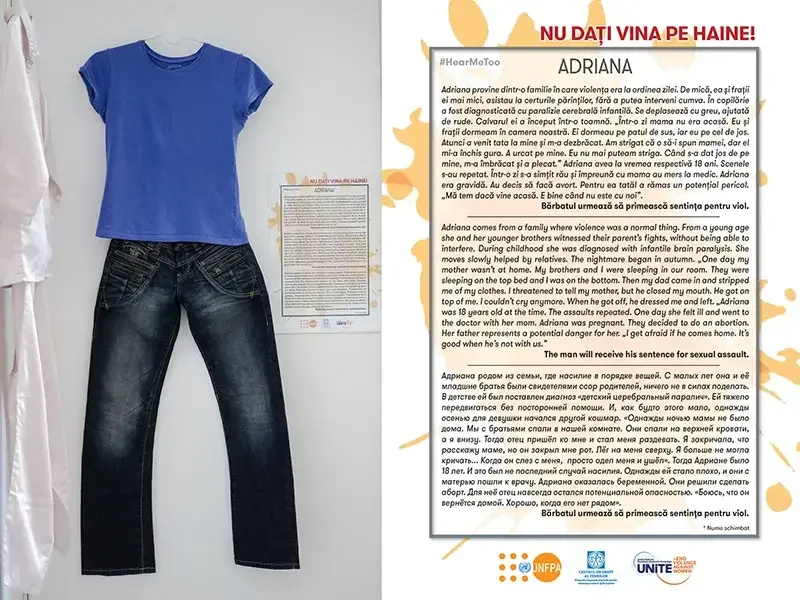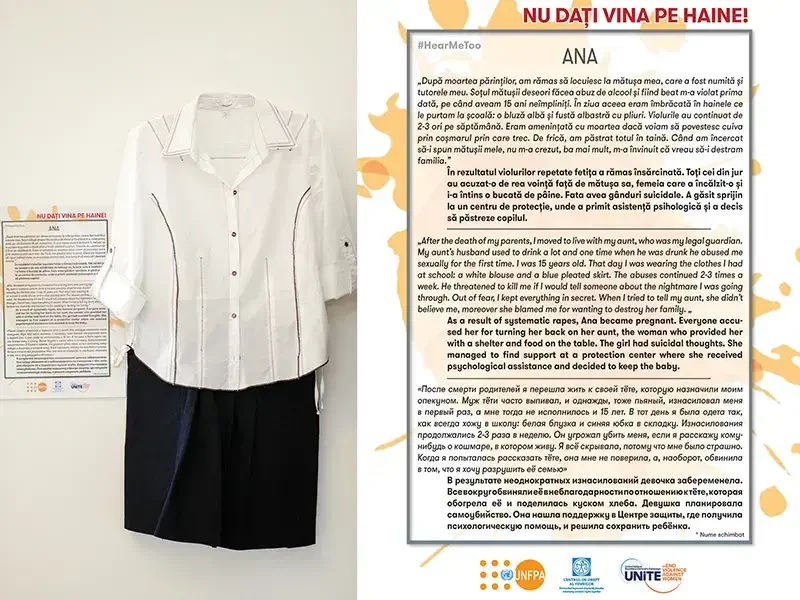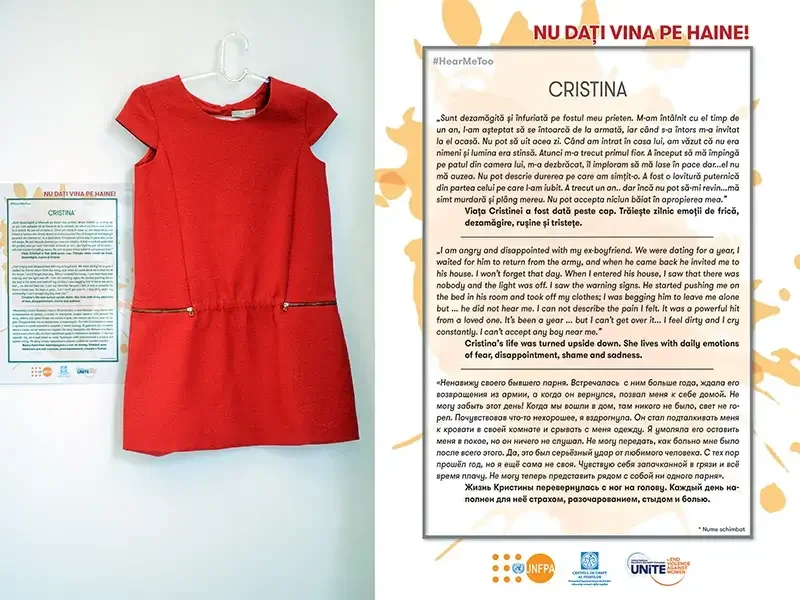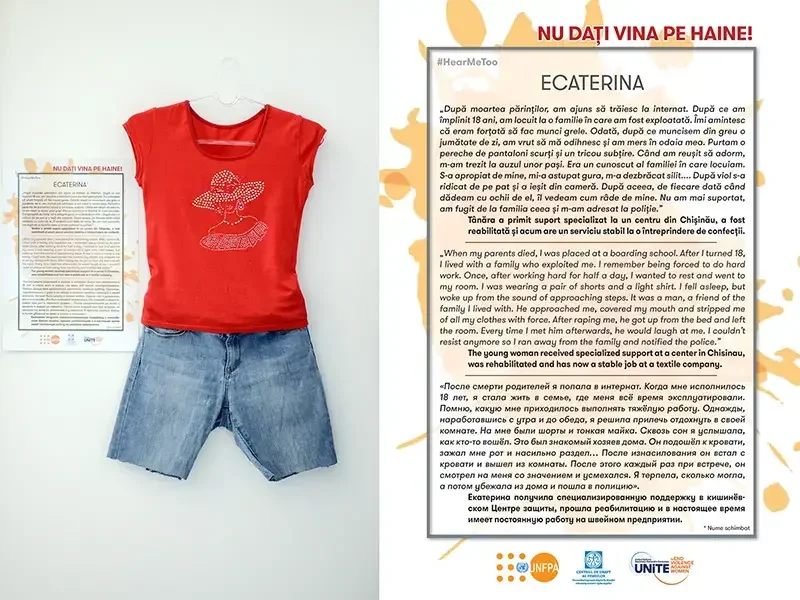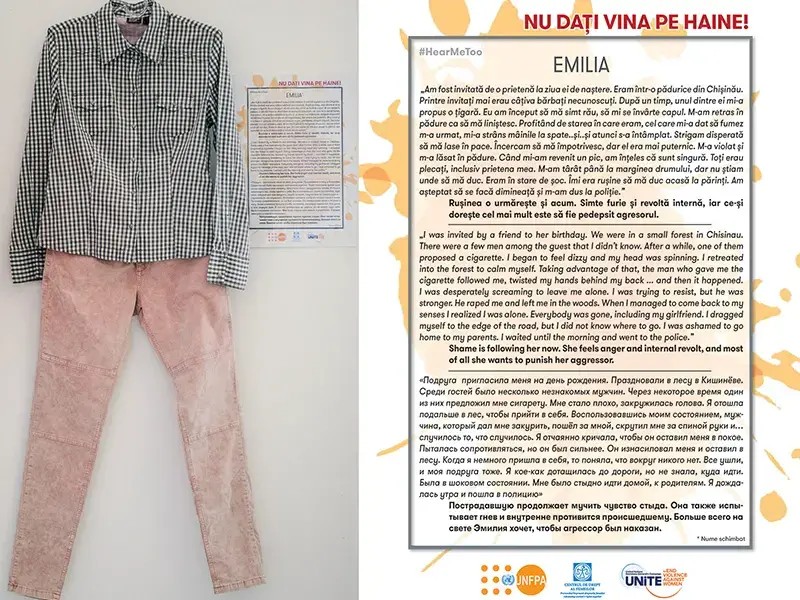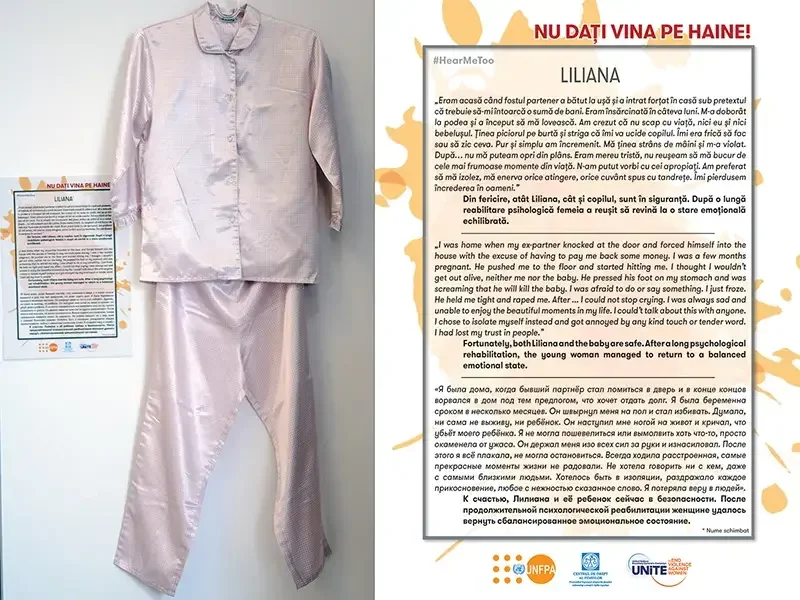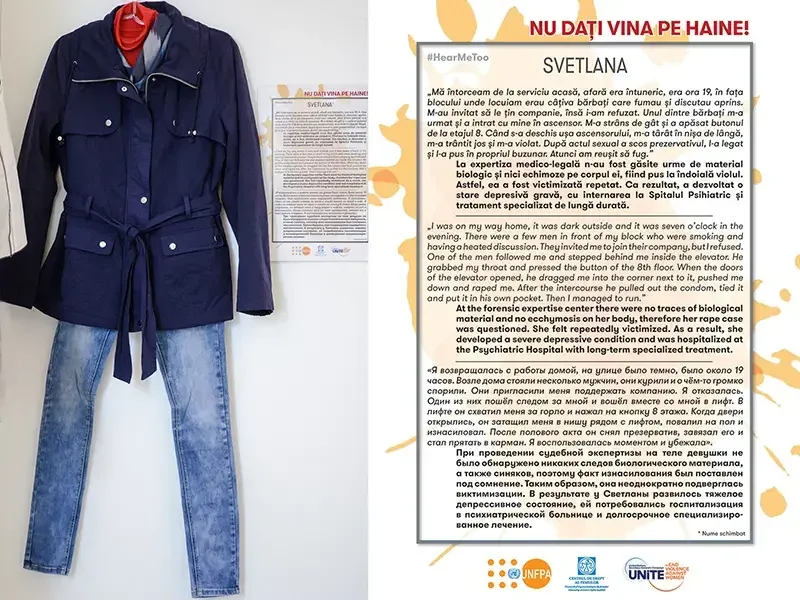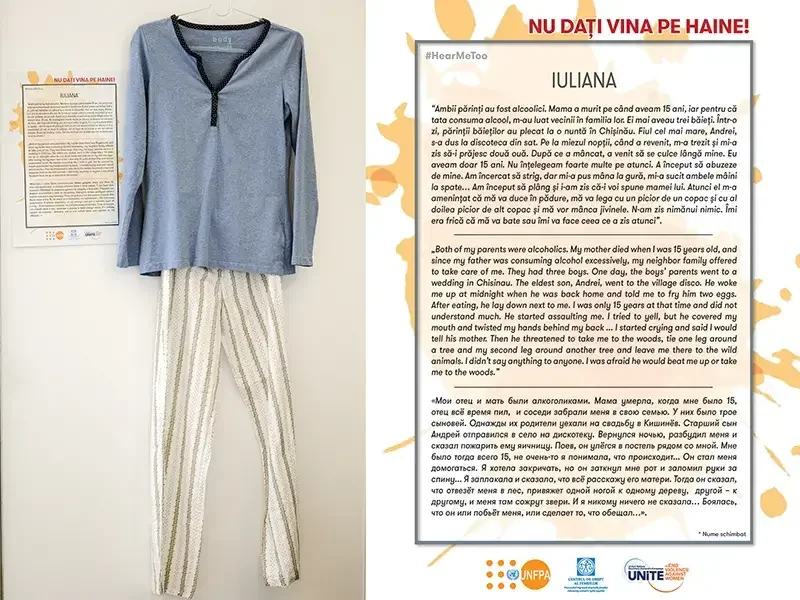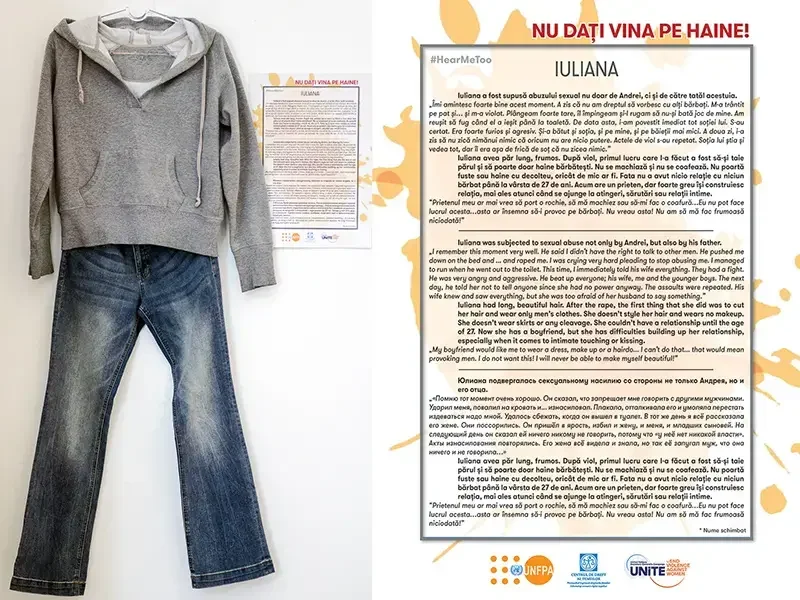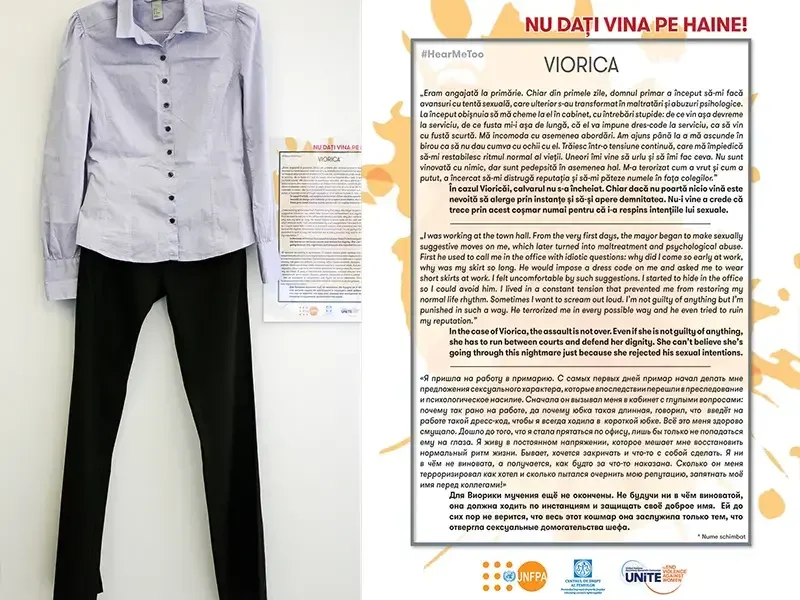TURKESTAN, Kazakhstan — “I’m sure any woman or girl who has survived violence remembers all her life the day when it happened for the first time,” says Indira,* a three-time survivor of sexual violence who lives in the southern Kazakh city of Turkestan.
“I made several suicide attempts. And then I thought – there are people who are ill, bed-ridden and they still find the strength to go on and live,” Indira says. “My faith in God and my mother’s support helped me get back on my feet.”



